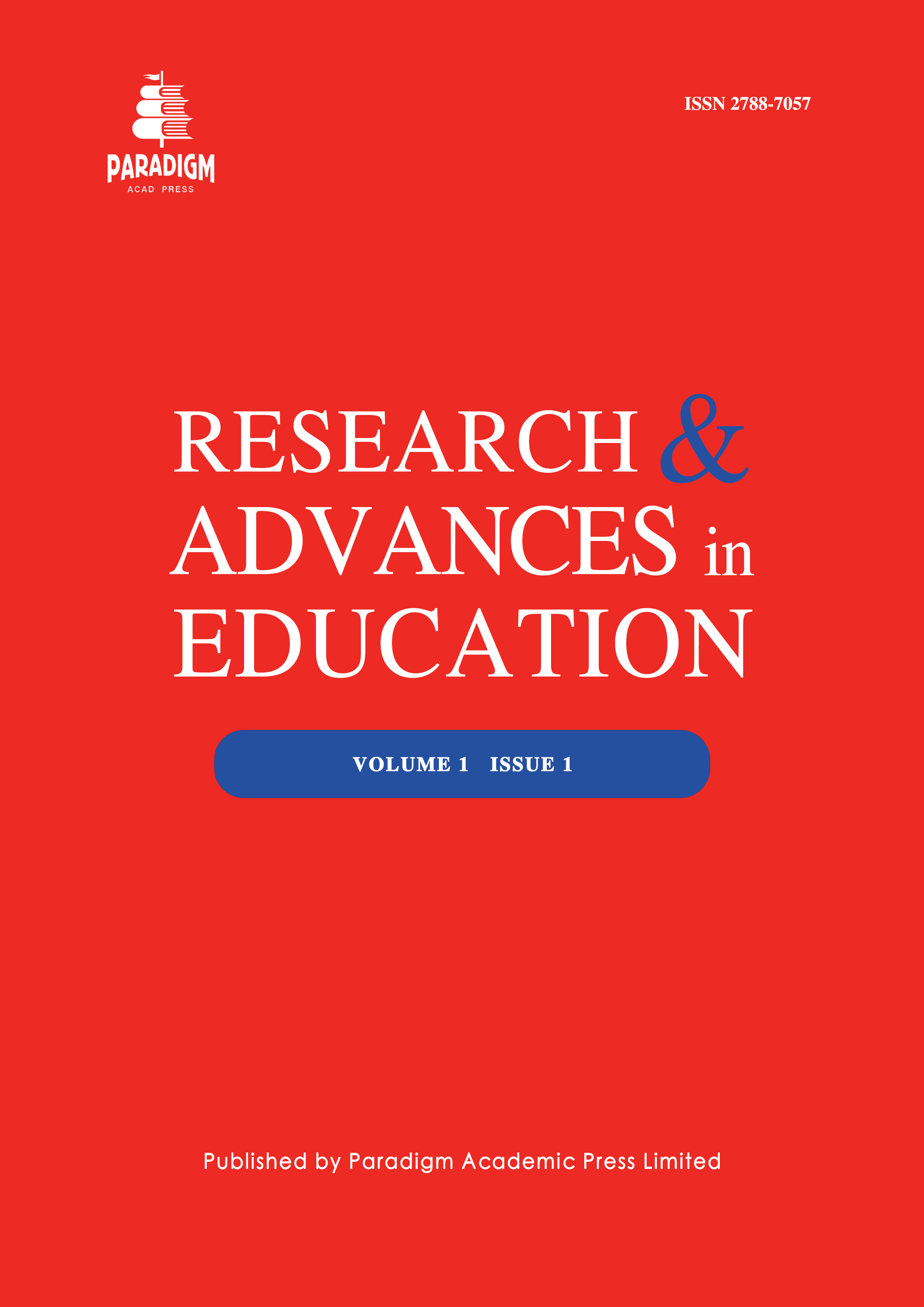OBE-Based Micro-Credentials and Their Role in Bridging the Gap Between University Education and Job Market Demands in China
Keywords:
OBE-based micro-credentials, skills-based education, higher education reform, graduate employability, workforce readinessAbstract
The growing skills gap between higher education and job market demands in China has led to an increased emphasis on Outcome-Based Education (OBE) and micro-credentials as solutions for improving graduate employability and workforce readiness. Unlike traditional degree programs, OBE-driven micro-credentials focus on competency-based learning, allowing students to acquire targeted, industry-relevant skills in a flexible and modular format. This paper examines the role of OBE-based micro-credentials in addressing China’s evolving workforce needs, with a focus on their alignment with industry demands, employer perceptions, and integration into national education policies. Findings suggest that micro-credential holders have a competitive advantage in securing employment, particularly in high-growth sectors such as technology, fintech, AI, and renewable energy. A growing number of corporate-university partnerships have facilitated the development of stackable credential models, enabling learners to continuously upskill while maintaining career flexibility. However, challenges remain in standardizing accreditation frameworks, ensuring employer recognition, and addressing digital accessibility gaps. To fully leverage the potential of micro-credentials in China, stronger regulatory policies, industry collaboration, and employer adoption strategies are necessary. This study concludes that OBE-based micro-credentials represent a transformative shift in higher education and workforce development, offering a sustainable pathway for bridging the gap between academic learning and professional competencies. With the right policy interventions and industry cooperation, micro-credentials can become a mainstream tool for skills-based education and lifelong learning in China’s digital economy.


